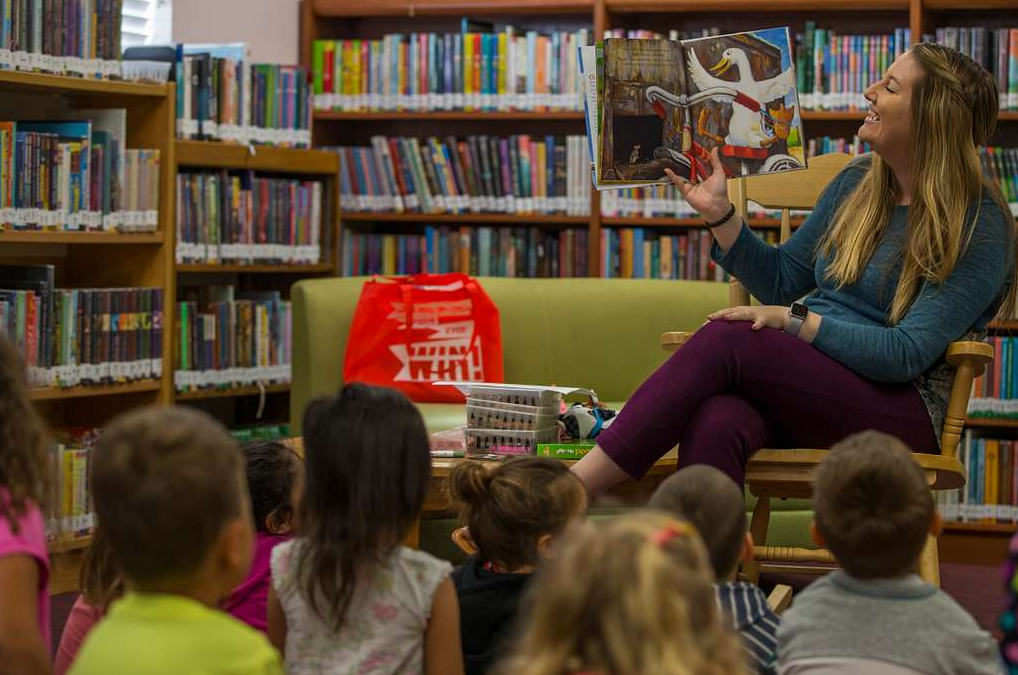I recently started down the innocent path of asking a simple question: Where can I find a school’s policies?
Specifically, I was looking for a policy outlining steps parents can take to remove inappropriate content from a public school’s library. It was a very simple question that I expected to have a very simple answer.
I quicky realized my naivete.
As the chairwoman for the Madison, Ala., Moms for Liberty chapter, I receive a lot of concerns from members across the region. One concern involved inappropriate content in the public school library that I knew was against state law (Act 2022-290). To cut through the nonsense, I took the issue directly to the “man in charge,” emailing Alabama’s Attorney General Steve Marshall and State Superintendent of Education Eric Mackey, as well as local school district and legislative members.
The local superintendent quickly responded, noting that the book had been removed from use and was under review per the current school review procedures. He also provided a copy of the reconsideration form to utilize if parents had future concerns.
This was supportive, but it only addressed the immediate issue for this specific school and not the greater issue across the region and state, namely, how are these books (that violate the law) getting into our libraries?
State Superintendent Mackey did confirm that per “Act 2022-290 and the Alabama Administrative Code … classroom instruction around the subject of sexual orientation or gender identity are not allowed in K-5.” He also confirmed that existing policies for library book reviews have been around for decades, leading to a recent memorandum from the State Department of Education directing that “every local board of education should have an approved written policy that guides the selection, deselection, and reconsideration of library resources.”
I was pleased when I saw this memo and the responses, thinking this was a great starting point and that parents were actually being heard and that channels were being created for parents to truly have impact on their local public schools. It was exhilarating to help correct an issue seeking to protect the innocence of children and rights of parents.
But as I reread the emails and documents provided, I noticed a big part of the solution was missing … deadlines for new policies. So I followed up with both superintendents, asking about the deadline or ideal timeframe in which parents could expect these new policies to be developed, approved, and fully implemented.
I thought such a question would bring an easy and quick response. If you’re actively working to implement a policy, or enforce policy development across the state, a deadline should be a natural part of the discussion, right? Why would leaders, such as these superintendents, draw a line in the sand to their subordinates but not clearly define the expectation of when the required actions should be completed? If there is no expected deadline, how can anyone be held accountable for not updating and implementing new policies?
I’m still relatively young, but in my professional life I’ve never been given a serious task without a deadline. If my manager doesn’t provide a deadline, I do the natural thing and mark that task as low priority to deal with when work is slow. We all do that.
So, if we’re witnessing our schools push a strongly worded memo calling for corrective actions without a deadline, why should we believe anyone is taking this issue seriously?
We shouldn’t.
It’s very evident by watching the actions rather than the words of our school leaders that updating policies to enforce accountability – from the state to the local level – are simply not priorities for anyone other than concerned parents.
Updating policies with real accountability measures should be a simple task; however, it’s one that seems extremely difficult for our public schools. If schools can’t figure out the policy piece, they certainly won’t be able to figure out the challenges with inappropriate curriculum in the classroom.
That leads us to only one real solution: comprehensive school choice! If public schools don’t want to listen to the parents and implement policies in a timely manner, then let’s bring the rules of free markets into the educational system. Let parents take their money to the institution that best supports their values and voices.
Emily Jones is a native of North Alabama who now resides in Madison County. She started the first Moms for Liberty chapter in the state, seeking to fight for the preservation of parental rights and the protection of our children, including her own son, a student in the Madison City School District.
The views and opinions expressed here are those of the author and do not necessarily reflect the policy or position of 1819 News. To comment, please send an email with your name and contact information to Commentary@1819news.com.
Don’t miss out! Subscribe to our newsletter and get our top stories every weekday morning.










